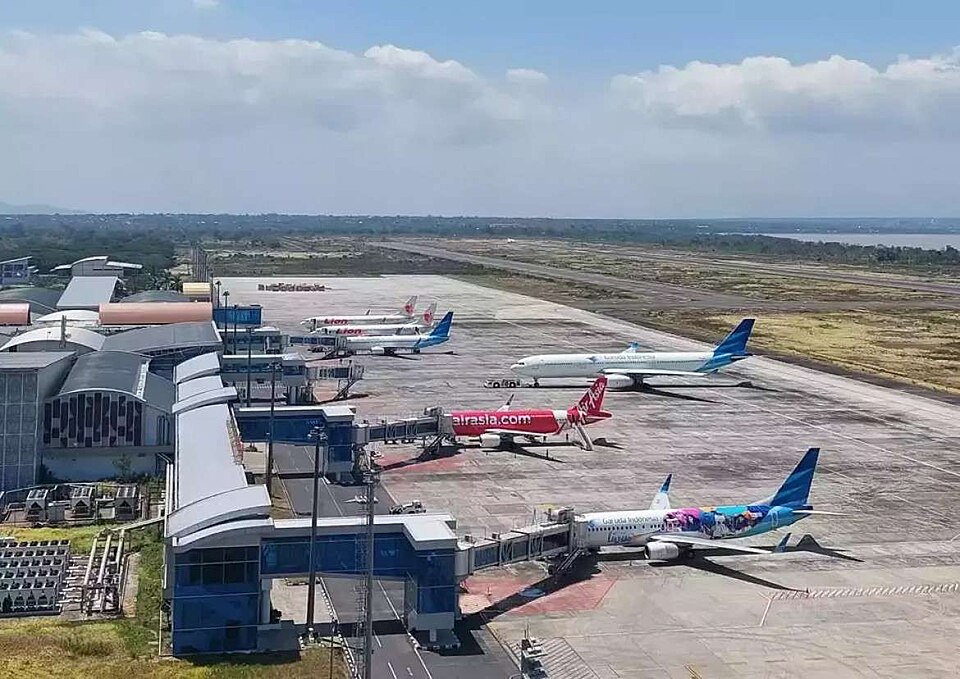Nusa Tenggara Barat (NTB) is set to expand its global connectivity this year with three new international routes from Lombok International Airport. The new direct flights will link Lombok with Darwin and Perth in Australia, as well as Bangkok, positioning the island as an increasingly accessible alternative to Bali for international travelers.
The first route to launch will be Lombok–Darwin, scheduled to begin in late February or early March 2026. According to NTB Transportation Agency Head Ervan Anwar, the service will operate four times a week using a Comac C909 aircraft with a capacity of 95 passengers.
“The Lombok–Darwin route will begin operating at the end of this February,” he said, confirming the route’s imminent launch.
The Lombok–Perth route is expected to follow in mid-2026, while Lombok–Bangkok is projected to commence between the third and fourth quarters of the year. Local authorities hope these additions will open the door to further international routes in the near future.
The new Darwin connection will be operated by TransNusa, which is prioritizing international routes capable of attracting high volumes of foreign tourists, particularly from nearby countries. The airline sees strong potential in the Australian market, long recognized as one of Indonesia’s largest sources of international visitors.
After Darwin, TransNusa plans to introduce flights from Lombok to Perth as it expands its fleet. The airline is also exploring additional international routes to ASEAN and East Asian destinations, including South Korea, Japan, China, Hong Kong, and Taiwan. However, Australia remains the immediate focus.
The strategy reflects shifting travel dynamics in Indonesia. With Bali experiencing overcrowding during peak seasons, Lombok is increasingly positioned as a nearby alternative offering similar natural attractions with more capacity for sustainable growth. Many Australian travelers currently reach Lombok by transiting through Bali before continuing by smaller aircraft or fast boat. A direct jet service significantly simplifies the journey.
The direct connection is also expected to benefit surfers and adventure travelers, who often carry bulky sports equipment. Jet operations allow for easier transport of items such as surfboards, making Lombok’s renowned beaches more accessible.
Industry stakeholders are working to ensure the routes remain commercially viable. TransNusa plans to adjust ticket pricing strategies and collaborate with tourism operators to maintain healthy load factors, including return flights. Group travel partnerships are seen as one way to stabilize passenger numbers year-round.
Notably, the Lombok–Darwin route previously operated before the COVID-19 pandemic but was suspended due to international travel restrictions. Its revival signals renewed confidence in NTB’s tourism recovery and long-term growth prospects.
The expanded international network further strengthens Lombok’s position as both a leading leisure destination and an emerging regional gateway. As NTB increases direct air links to Australia and Asia, the island is gaining greater accessibility and reinforcing its competitive edge within Southeast Asia’s dynamic tourism market.
Source: EkbisNTB, Pikiran Rakyat
Photo Credit: Wikipedia


